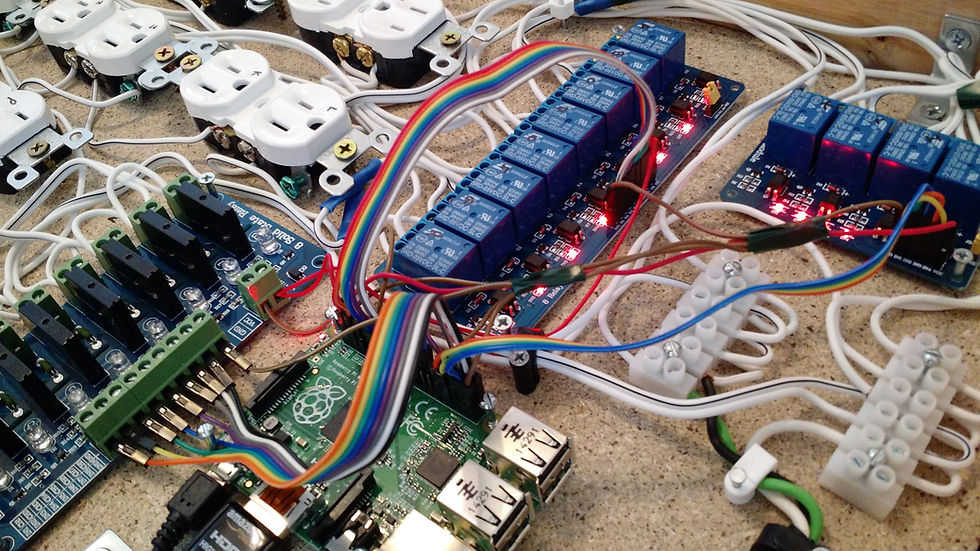15 Points Implementation for SDG 4: Quality Education for All
- Admin
- Sep 26, 2020
- 3 min read
Updated: Sep 28, 2020

Education have made important contributions to development but now need more participatory, community oriented accountability to shape Generation Z’s future with sustainability in mind. Thus, multidisciplinary and systemic approach by HEI for solving complex inter-related problems not disciplinary-oriented is today’s essentiality. Education must be society related and having direct impact on well-being of its members. School system and HEIs must orient programs and practices around sustainable development goals (SDGs) that help graduates to learn actual problems and try to address them with community involvement that will improve society. We need more focus on skill development, innovation, decision-making, and problem solving through establishing Centre of Excellence with focus on 21st century skills. Information and communication technology should be used as tool for change and transparency.
There should be much emphasis on university connection up with society to understand community challenges that work for mutual benefits. Universities must have a local sphere of influence with global know-how. This way, students will have real-life experiential knowledge, soft, and management skills besides tackling local problems and may be employed locally.

Points need to be implemented with monitoring and accountability structure:
1. Ensuring that all young people (15-24 years) and adults, who are outside the formal education system, including those working in the informal sector of the economy, are provided with opportunities to attain skills for employability beside achieve literacy and numeracy skills as per new standards developed.
2. Integration of information and communication technologies (ICTs) in education, especially for improving access to education, enhancing the quality of teaching-learning process, training of teachers, and strengthening educational planning and management.
3. Professional development and management of teachers are reformed to ensure adequate supply of qualified and competent teachers who possess the prescribed competency profile
4. Responsive, participatory and accountable systems of educational planning and implementation
5. Common standards of infrastructure, learning outcomes for government and private schools
6. Progressive schooling for children in difficult situations and protection of the rights of children
7. Teacher development programs designed to develop and teach students for 21st century skills
8. Focus on employability, skill development and entrepreneurship need to incorporate in curriculum with industry orientation and linkages
9. Online virtual learning especially for science and mathematics subjects to make learning available at right place and at right time. This can be implemented as an examination and learning resource centers which can cater to different needs such as knowledge and concept evaluation for primary level. This can be encouraged to community learning for adult education and require fewer resources to implementation.
10. Incorporation of one Indian language of other region
11. Curriculum need to be re-designed with current developments and repetition of topics in different subjects to be avoided to include modern knowledge on local, national, and international advances. Uniform curriculum need to be adopted within India
12. Emphasis to be given to practical aspect, hands-on, game-based, project learning with interactive learning using ICT and Science, Technology, Engineering, Arts+Design, Mathematics (STEAM)
13. Need to build linkages between higher education institution and school education in two-way so that both will learn and train each other.
14. Students must imbibe responsibility, accountability, global citizenship, gender equality, values that can be address through creating progressive schools across community from elementary level. Community can provide real-life scenarios with digital learning centers.
15. Government and society must share responsibility of monitoring and evaluation of education system.
Members are Er. Anant Bhaskar Garg, Dr. Manisha, Vijay Kumar, Krishna Kumar
(Part of this blog submitted to Ministry of Human Resource Development (MHRD) as inputs for National Education Policy Draft in 2016, 2019)
(A blog as a part of SDG and Education series for UN75, #TurnItAround, #Act4SDGs, #ActionSDGs4Future)






























Comments